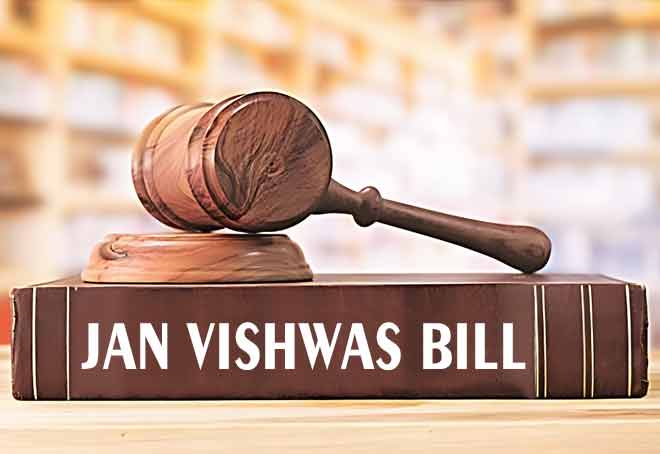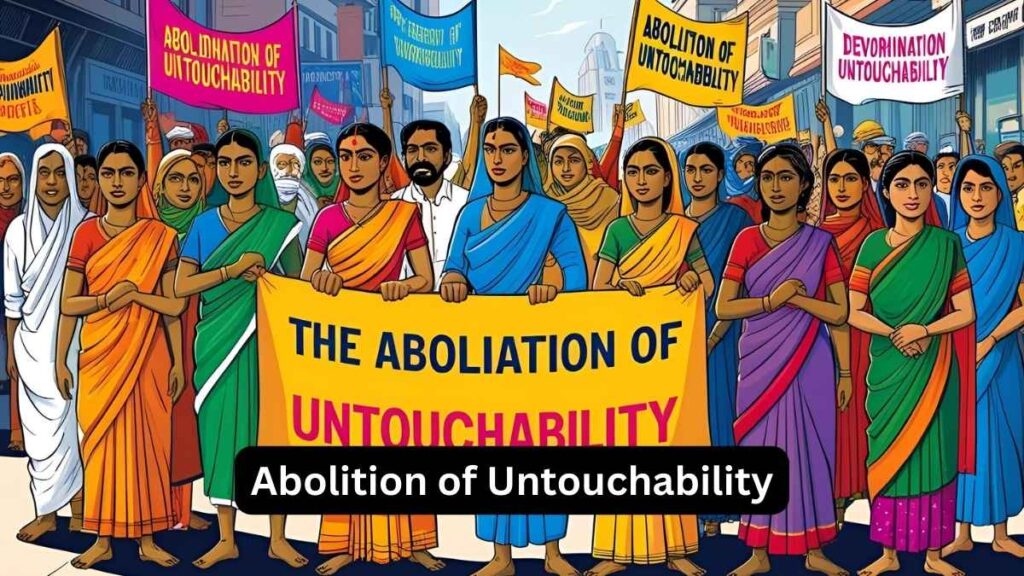Font size:
Print
Internet Silence
Introduction:
The internet, once hailed as a vibrant space for free expression and open dialogue, is witnessing an increasing trend toward silence. Users who once engaged in public discourse are now either withdrawing from discussions or confining themselves to private spaces.
Theoretical Explanations for Internet Silence
- Dark Forest Theory and Digital Fear:
- Proposed by Chinese author Cixin Liu, the theory describes the universe as a silent battlefield, where civilisations avoid detection to prevent annihilation.
- On the internet, users often refrain from expressing opinions to avoid harassment, doxxing, or social backlash.
- Algorithmic Amplification and Virality:
- Social media algorithms prioritise engagement-driven content, favoring polarising and controversial topics.
- This creates an incentive for outrage, pushing moderate voices into silence or self-censorship.
- Adverse Selection and the Market for Lemons:
- Borrowing from George Akerlof’s economic theory, toxic voices tend to dominate discussions as thoughtful participants exit the space.
- The result is a degraded online ecosystem where misinformation and hostility thrive.
- Echo Chambers and Fragmentation:
- Fear of public scrutiny drives users into private groups, reinforcing like-minded perspectives.
- This limits exposure to diverse viewpoints and increases polarisation.
The Evolution of Online Spaces
- Early Internet – The Digital Town Square:
- Blogs, forums, and chatrooms enabled unrestricted discussions.
- Users engaged in constructive debates, fostering intellectual exchange.
- Rise of Social Media and Algorithmic Control:
- Platforms shifted from chronological feeds to engagement-based algorithms.
- Viral content began prioritising controversy and outrage, reducing the incentive for nuanced discussions.
- Decline of Civil Discourse and the Retreat to Private Spaces:
- Trolling, misinformation, and personal attacks became rampant.
- Many users sought refuge in private messaging apps and closed groups.
- A shift from public discourse to selective engagement emerged.
The Consequences of Online Silence
- Undermining Democratic Discourse:
- The internet was once a tool for democratisation of ideas.
- With fewer people participating in public debates, the quality of discourse declines.
- Manipulation and Information Warfare:
- Absence of counterbalancing voices allows misinformation and propaganda to spread unchecked.
- State and non-state actors exploit this vacuum to shape narratives.
- Mental Health Implications:
- Anxiety about online participation leads to stress and digital withdrawal.
- The pressure to self-censor can impact mental well-being and self-expression.
The Way Forward: Reclaiming the Digital Public Sphere
- Algorithmic Transparency and Accountability:
- Social media platforms must ensure content moderation prioritises constructive engagement.
- Reducing algorithmic bias that amplifies sensationalism over substance.
- Promoting Digital Etiquette and Civility:
- Digital literacy programs can encourage responsible online behavior.
- Strengthening ethical norms in digital interactions.
- Regulating Online Spaces Without Stifling Free Speech:
- Governments and tech companies must balance harassment control with freedom of expression.
- Implementing targeted interventions against hate speech and misinformation.
- Empowering Thoughtful Voices:
- Encouraging platforms for nuanced debates and rational discourse.
- Rewarding users who foster meaningful conversations.


